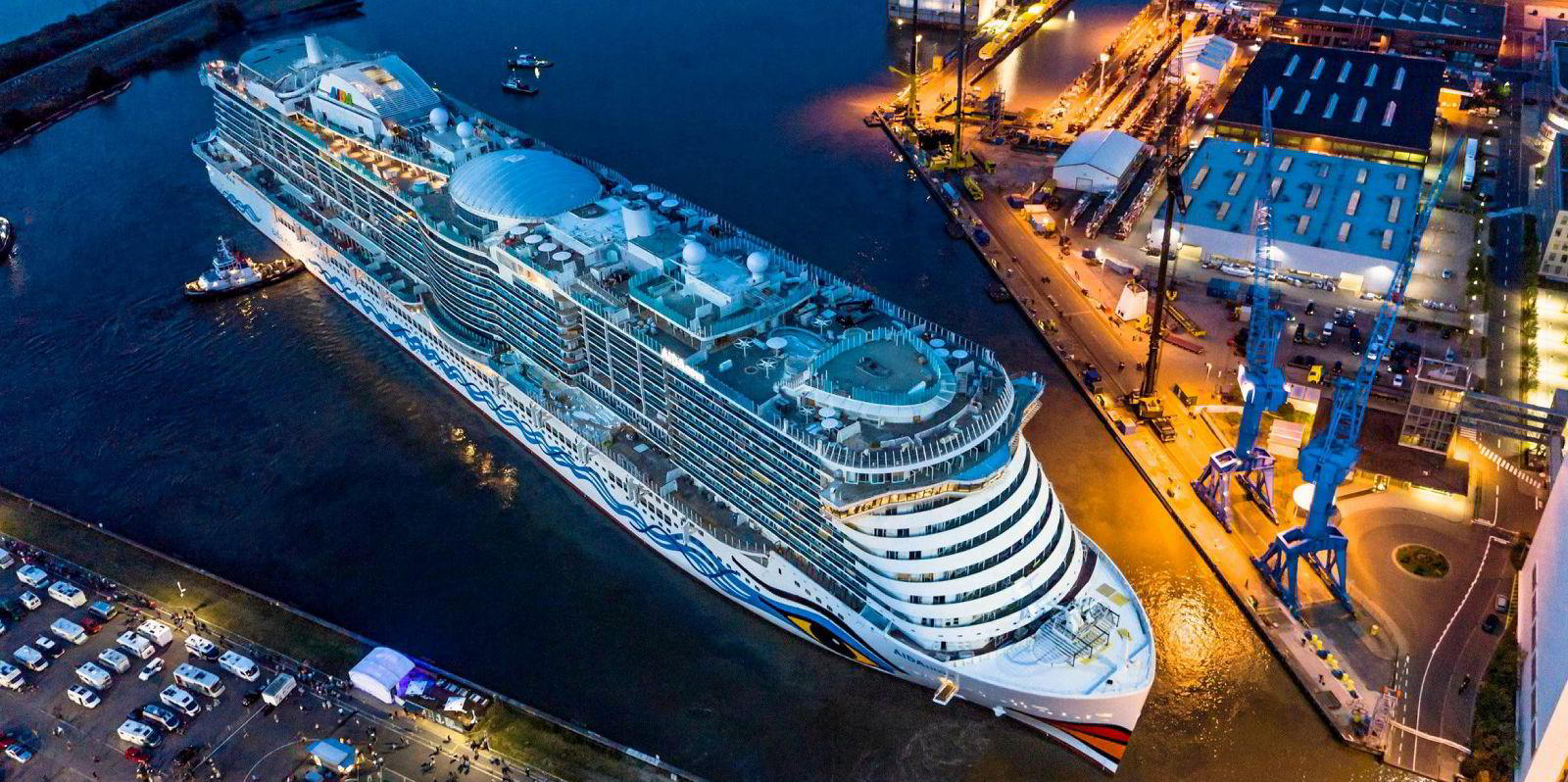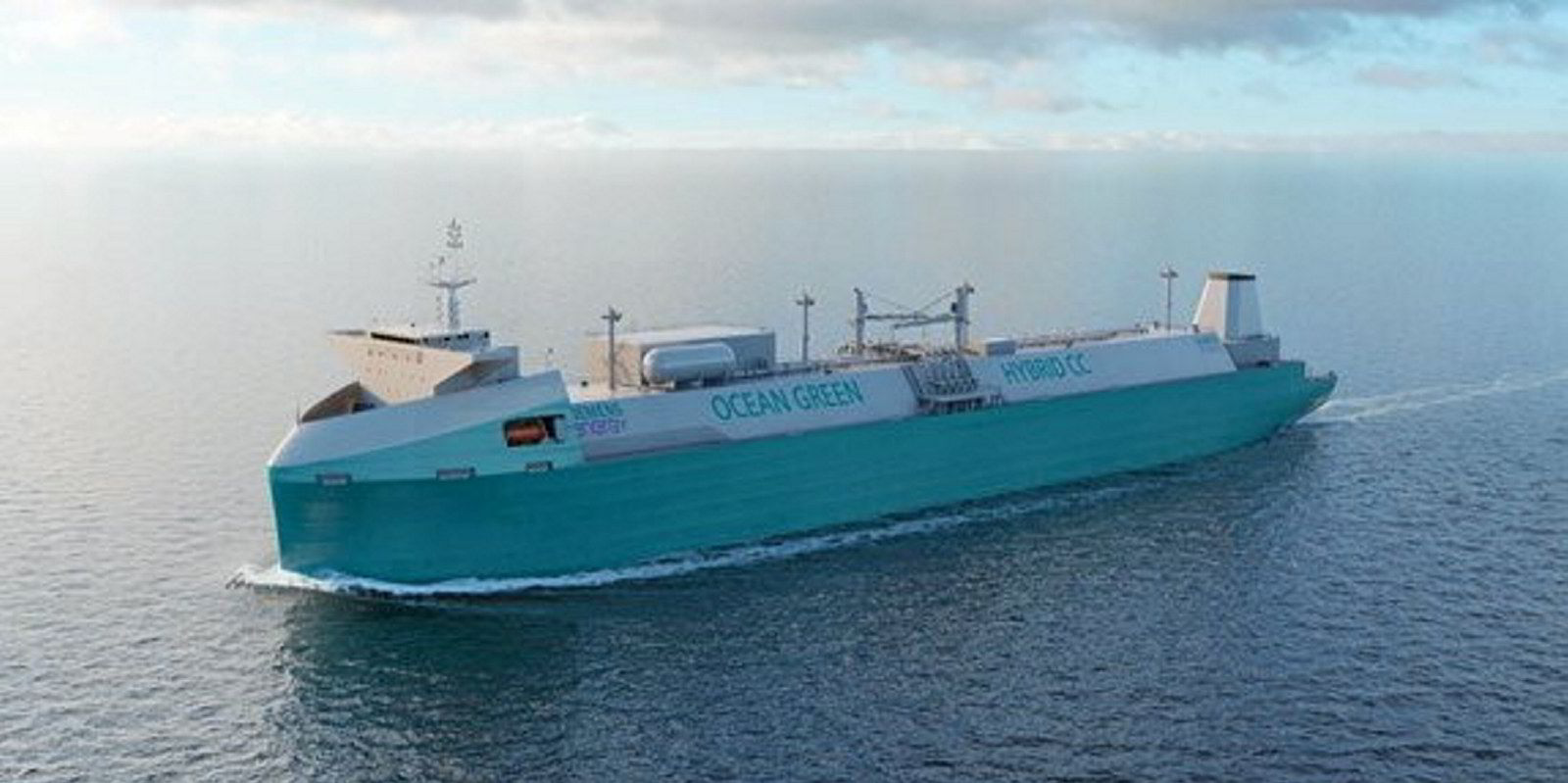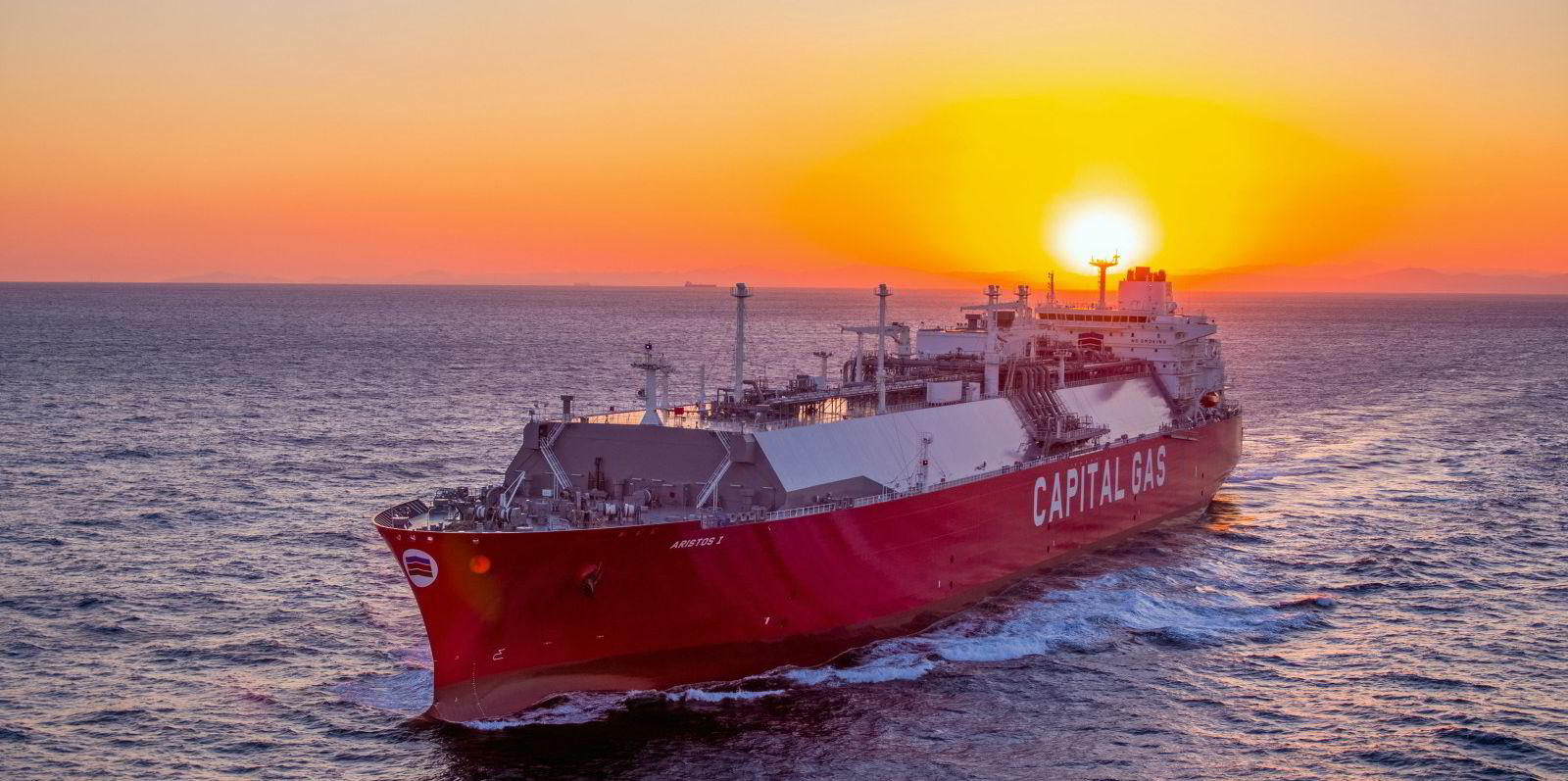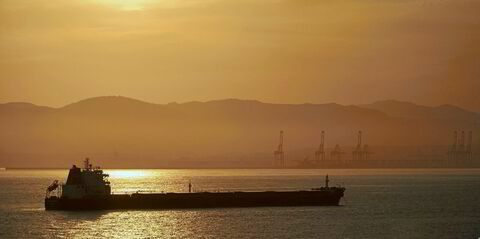A group of seven key companies has unveiled an effort to tackle methane emissions from LNG in shipping.
The Methane Abatement in Maritime (MAM) Innovation Initiative is a coalition of Mediterranean Shipping Co, Carnival Corp, Seaspan Corp, Shell, Lloyd’s Register, Knutsen Group and Maran Gas Maritime.
It aims to identify, accelerate and advocate for technology solutions to measure and manage methane emissions, to minimise the environmental impact of LNG in shipping.
MAM is led by LR’s Safetytech Accelerator. Aside from the seven founding member companies, it will draw on the expertise of academics, civil society and other stakeholders, such as the UK’s National Physical Laboratory.
The initiative will be chaired by LR global gas director Panayiotis Mitrou and directed by Safetytech Accelerator head of partnerships Steve Price.
In its first year, the group plans to identify and pilot new technologies to monitor and reduce methane slip from vessels fuelled by LNG.
Once these solutions have been validated, it will “seek to endorse them to industry” from 2023.
MAM plans to tackle how shipowners and operators can be encouraged to adopt proven abatement technology at scale.
Setting out the drivers for the initiative, the group said that while LNG is understood to emit less CO2, NOx, SOx and particulate matter than other traditional marine fuels, some analysis has indicated that the environmental benefits of using LNG could be negated due to methane slip — the leakage of unburned methane from the combustion process.
Methane is a potent greenhouse gas, with a Global Warming Potential (GWP) of 27 to 30 over 100 years, set against CO2’s GWP of 1, regardless of the time period.
Vital imperative
“Defining what constitutes negligible methane emissions, and then ensuring the sector meets that target, is, therefore, a vital imperative for an industry grappling with its climate footprint and increasingly using LNG as a transition fuel,” the MAM members said.
The coalition said there are currently “no globally recognised” methods for measuring methane slip and there is a lack of available data and tools.
“It is hoped that the new solutions identified by the innovation initiative will help the industry to understand the extent of, and then manage their methane emissions activities,” it said.
“Measuring the scale of methane emissions, and understanding if they can be managed to negligible levels, will signal if liquefied biomethane (LBM) and liquefied synthetic methane (LSM) are viable pathway fuels to help achieve 2050 decarbonisation targets.
Carnival senior vice president Tom Strang said: “Working together, our two-pronged approach to accelerating technologies in the areas of methane measurement and abatement will help drive specific, effective solutions for the larger maritime industry, in support of our shared decarbonisation ambitions.”
Maran Gas Maritime executive vice president Andreas Spertos said keeping “tight control” over methane emissions is critical to ensure that LNG’s overall greenhouse gas footprint delivers as much emissions reduction as possible over conventional marine fuels.
Jarle Oestenstad, director for newbuildings and innovation at Knutsen, hopes the initiative will lead to pilot projects and said his company would be interested in participating in these.
Mitrou said it is “critical that the industry does everything it can — as quickly as possible — to unlock the potential of LNG as a transition fuel”.






